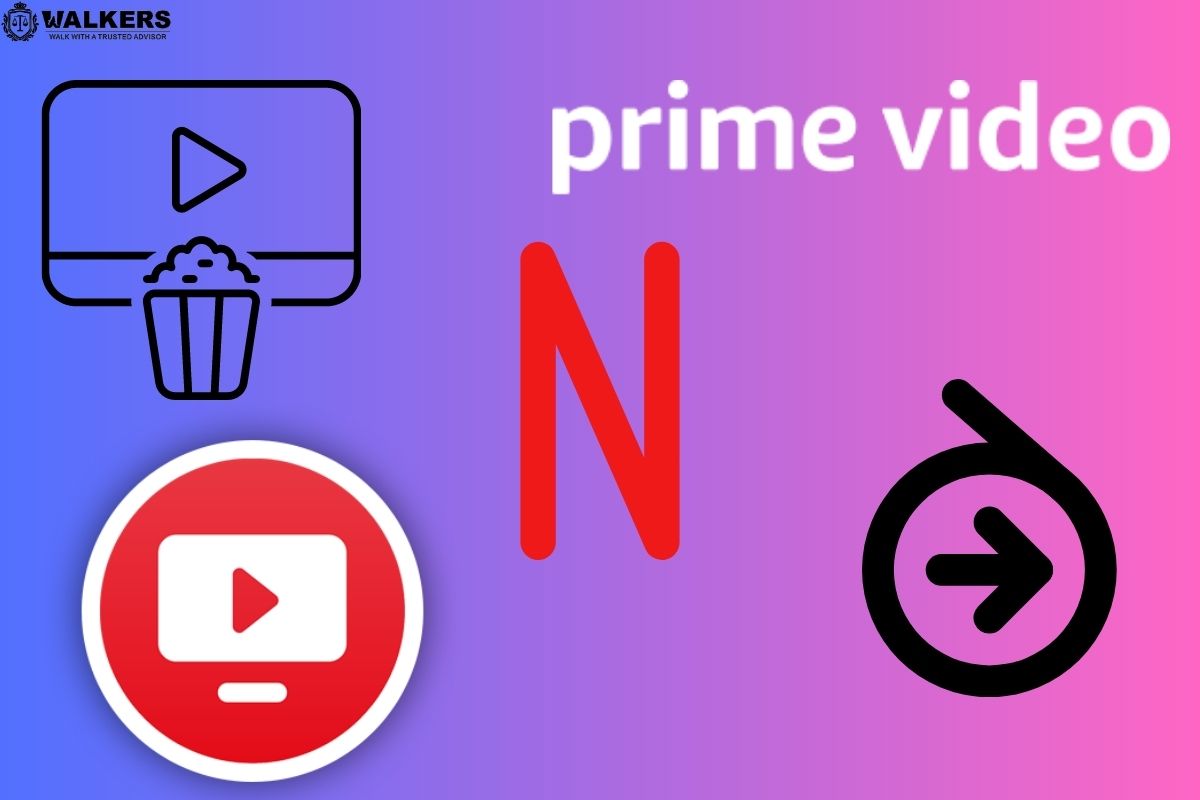


"On May 31, 2023, the Indian Government introduced the Cigarettes and other Tobacco Products (Prohibition of Advertisement and Regulation of Trade and Commerce, Production, Supply and Distribution) Amendment Rules, 2023 (COTPA Amendment Rules, 2023). These rules impose additional responsibilities on 'publishers of online curated content,' including the insertion of anti-tobacco health messages and disclaimers during content playback.
Coinciding with the release and adoption of the COTPA Amendment Rules, 2023, the Indian Government also passed the Jan Vishwas Bill, 2023, the Digital Personal Data Protection Bill, 2023, and the Cinematograph (Amendment) Bill, 2023 during the last week of July. While the Cinematograph Bill primarily addresses piracy concerns and proposes stricter penalties, it also contains an intriguing alteration.
A Notable Change
Clause 4(3) of the Cinematograph Bill introduces a novel provision:
"Any person wishing to broadcast a film sanctioned by the Board under clause (ii) or clause (iii) of sub-section (2) through television or other prescribed media, must submit an application to the Board. The Board, after directing necessary excisions or modifications, may grant a separate certificate for the film."
Several points in this provision raise interest. The Cinematograph Act, 1952 traditionally doesn't encompass television programs and serials or mandate Central Board of Film Certification (CBFC) approval for their display. The requirement for CBFC certification for cable television content stemmed from the Cable Television Network Rules, 1994 (CTN Rules). Notably, the Cinematograph Bill doesn't differentiate between various television forms and lacks a definition of 'television.' Additionally, Clause 4(3) exclusively addresses 'films,' and its implications on programs and serials are debatable.
Moreover, the government retains the authority to prescribe other media subject to this provision. This potentially extends to the exhibition of films on Over-the-Top (OTT) platforms. Although this isn't explicitly stated and no notification involves 'publishers of online curated content,' the provision's open language empowers the government to encompass diverse media forms.
A Backdoor Influence on OTTs
The Ministry of Electronics & Information Technology (MEITY) previously formulated the Information Technology (Intermediary Guidelines and Digital Media Ethics Code) Rules, 2021 (Digital Media Code) under the Information Technology Act, 2000 (IT Act), extending its reach to 'publishers of online curated content.' Similarly, the Ministry of Information and Broadcasting (MIB) seemingly expanded the Cinematograph Act's scope to OTT platforms. Notably, both MEITY and MIB lack inherent authority to regulate OTT platforms under their respective acts.
The Cinematograph Bill introduces ambiguity. It grants the government the potential to extend its application to OTT platforms, while lacking a clear foundation for such an extension in the Cinematograph Act or the Cinematograph (Certification) Rules, 1983.
A Puzzling Landscape
This situation contrasts with the Karnataka High Court's judgment in Padmanabh Shankar v. Union of India & Ors. The court held that the Cinematograph Act doesn't encompass internet-transmitted films, serials, etc., based on the existing Act definitions (unchanged by the Bill).
The implications of extending the Cinematograph Act to OTT platforms, both legally and practically, remain uncertain. Amidst the Digital Media Code's impact on OTT players, the COTPA Amendment Rules 2023, the Digital Personal Data Protection Bill 2023, and TRAI's consultations on OTT services, the regulatory framework for OTT platforms is becoming more stringent. While the long-term consequences for both platforms and consumers are unclear, the government is evidently progressing towards comprehensive digital sector regulation.
Devvrat Joshi, a Senior Associate at Saikrishna & Associates, specializes in Dispute Resolution and Advisory matters."
TAGS: Indian Government COTPA Amendment Rules 2023 Jan Vishwas Bill 2023 Digital Personal Data Protection Bill 2023 Cinematograph (Amendment) Bill 2023 Clause 4(3) Central Board of Film Certification (CBFC) Cable Television Network Rules 1994 (CTN Rules) television programs television forms Over-the-Top (OTT) platforms Ministry of Electronics & Information Technology (MEITY) Information Technology (Intermediary Guidelines and Digital Media Ethics Code) Rules 2021 (Digital Media Code) Ministry of Information and Broadcasting (MIB) Karnataka High Court Padmanabh Shankar v. Union of India & Ors internet-transmitted content regulatory framework Devvrat Joshi Saikrishna & Associates Dispute Resolution and Advisory.